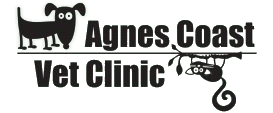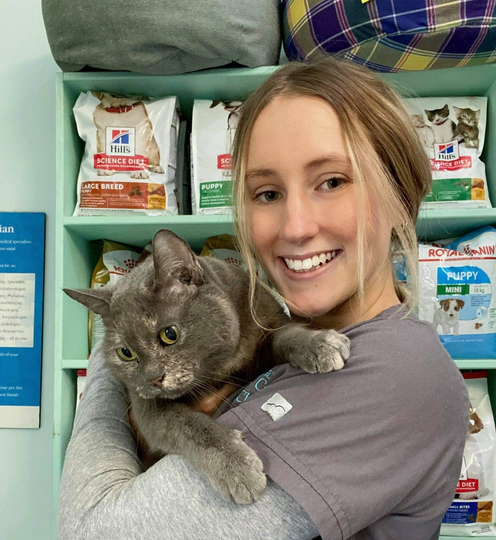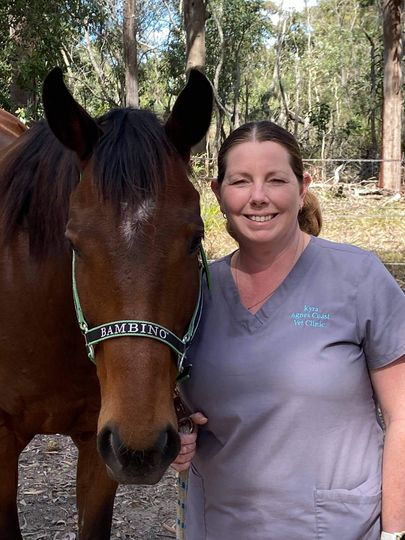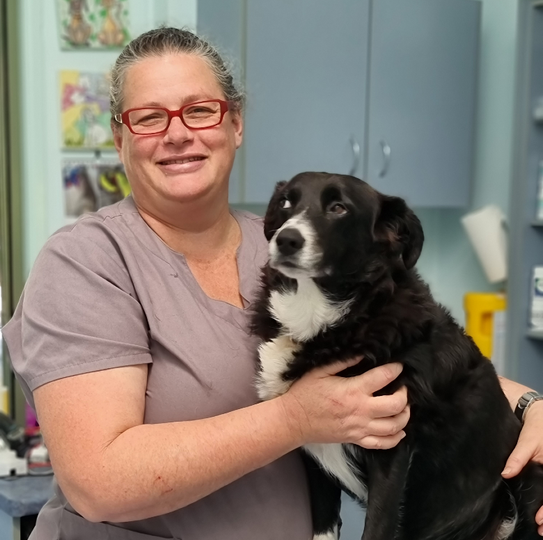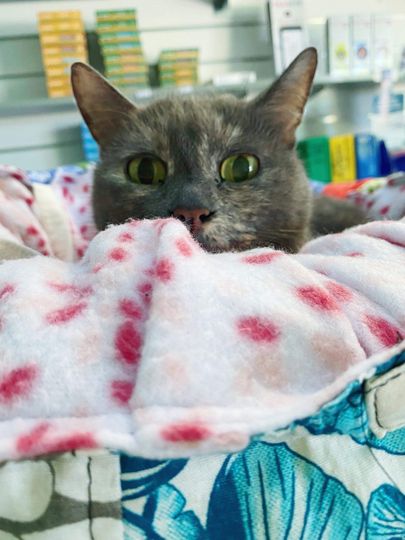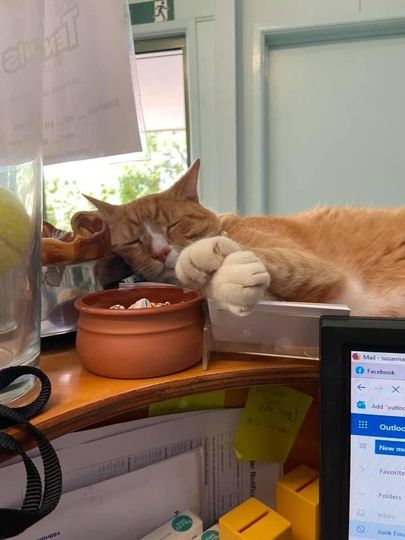Welcome to Agnes Coast Vet Clinic
Our dedicated team at Agnes Coast Vet Clinic are proud to offer a personalised and professional service. Caring for all creatures, great and small, living in and visiting Agnes Water and its surrounds.
Please Call for an Appointment - (07) 4974 9045
Critter Chat

Vaccination is vital to protect your pet from some deadly, but easily preventable, diseases. Puppies and kittens need a course of vaccinations to generate a good immunity and then as adults it’s just a yearly booster to maintain their protection. Puppies and kittens require their first vaccination between 6 – 8 weeks of age and then their second vaccination at 12 weeks of age. Part of the annual vaccination procedure for your pet is a thorough general health check and it also provides an opportunity to discuss any health concerns you may have with respect to your pet. Dogs and puppies are vaccinated against parvovirus, canine distemper and infectious hepatitis. These diseases are truly devastating, causing everything from life threatening diarrhoea, to chronic neurological problems. Treatment is difficult and expensive and unfortunately not always successful. In addition, if you will be boarding your dog in kennels, it is a standard requirement of all kennels that animals are also adequately vaccinated against kennel cough, a highly contagious cough transmitted through the air when animals are in close quarters. Vaccination of your kitten or cat is just as important as your dog. Cat vaccinations are to protect against feline rhinotracheitis, calicivirus, panleucopaenia, and chlamydia. Four more horrible debilitating diseases with big names, causing symptoms varying from a deadly diarrhoea, to pneumonia and chronic flu symptoms. Similarly to dogs, most boarding facilities insist on your cat being up to date with vaccinations. Most animals generally don’t suffer any side affects after their vaccination but the most common side effect is a transient fever causing lethargy and your pet may be off its food for a day or two. If your pet does suffer a reaction, you should contact your vet as it may need further care, or medication to prevent a similar reaction next year. Due to the high effectiveness of these vaccines, we are generally seeing a lot less of these diseases, which is great. However, the flip side to this is that this has led to people becoming much more lax about vaccination so severe outbreaks in unvaccinated areas are becoming commonplace again. So we cannot encourage you enough to vaccinate your pets to protect them against the chance of an outbreak in Agnes Water and 1770. If you would like to find out more information on vaccination please do not hesitate to speak to one of us at the vet clinic.
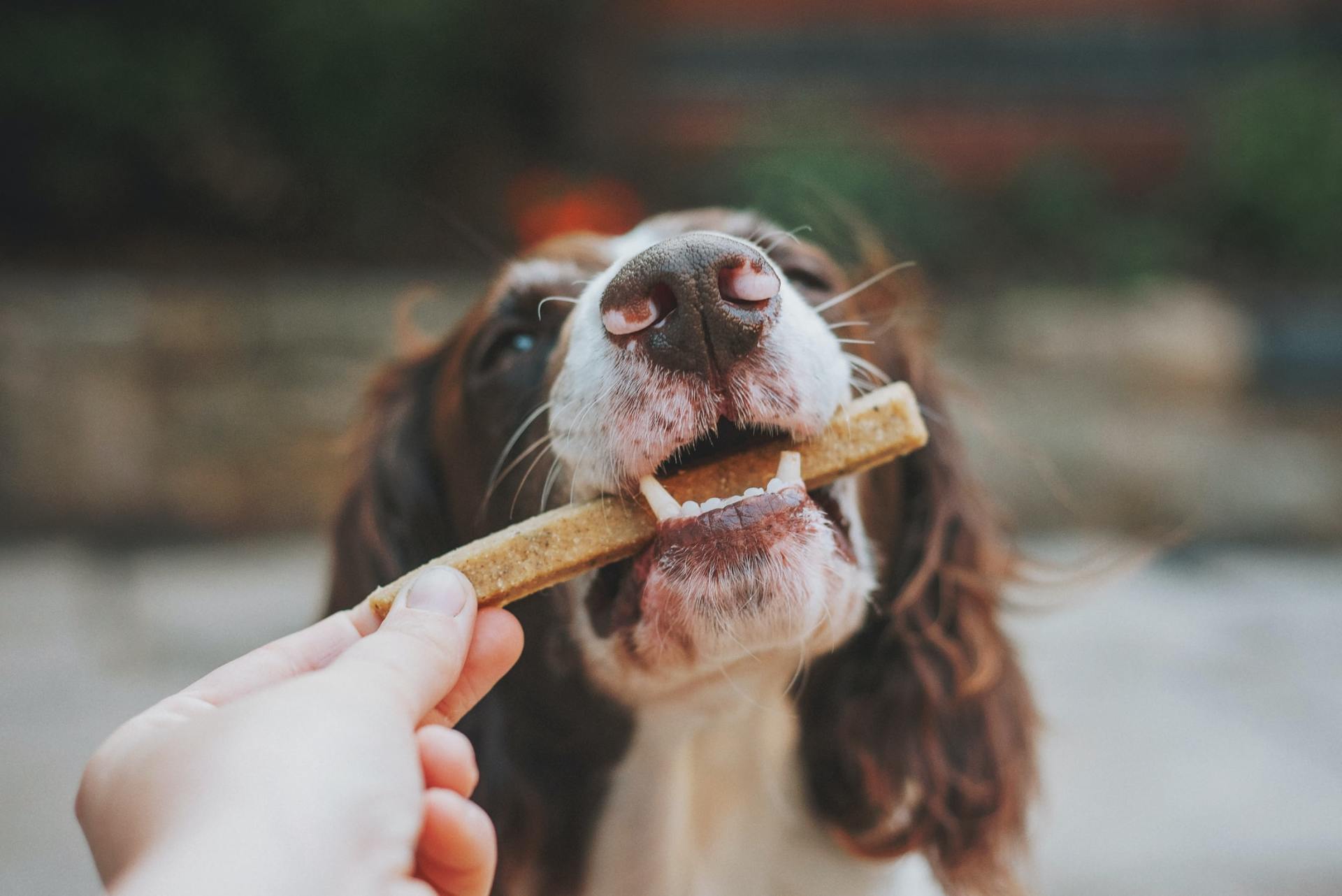
Just like with us, feeding your pet the correct diet is an essential factor in maintaining superior long term health. A good diet contains all the essential nutrients in the right balance, and these factors change slightly as your pet matures and then ages, and that is why you are now seeing more lifestage foods available (ie, puppy, adult & senior specific). For example a puppy needs extra protein and vitamins for optimum growth and an older less active dog needs less calories & more fibre. Busy lifestyles today means many people opt for prepared diets. When choosing a pet food choose one that is labelled ‘complete’ and ‘balanced’, these terms are regulated and the food must meet certain criteria to carry them. Foods that don’t carry these terms are often lacking in essential nutrients. Also pick one that suits your dogs lifestage, ie puppy food while they are growing and if they are older or a bit overweight pick a senior or light variety- it really does make a difference! Also be aware that price is a good indicator for quality, you often find when feeding cheaper foods that you need to feed a lot more as more fillers are used and the protein quality in the food is lower. For those of you who prefer a home cooked diet remember that balance is the key, A lot of people make the big mistake of feeding an all meat diet thinking that’s what they’d eat in the wild. If you were to replicate a wild diet, you’d also have to include animal skin, bones and vegetable matter from the stomach of the animal eaten. Obviously this is a fairly gross and impractical option for most, so remember to add vegetables and some raw bones (never cooked) to the diet. Things to avoid include onion, garlic (as a relative to onion!), potato, sultanas and chocolate- when dogs metabolise these foods they produce by-products that can cause damage to their liver, kidneys or heart. You’ve paid for it so store it well - dry foods need to be in secure containers away from vermin and do not keep food indefinitely as this reduces vitamin potency and palatability. If you have a puppy, I would strongly recommend that a prepared puppy food make up the majority of their diet in this vital growth stage. It is difficult to provide the right balance for growth and optimum brain development, and most people make the error of adding vitamin supplements to the food to improve it, but this usually just creates an imbalance, with too much of one thing and so not enough of others. The best calcium supplement you can give a puppy is a fresh raw bone- as well as calcium it provides many other minerals as well as protein and entertainment! Nutrition is a huge subject and plays a key role in your pets long term health. We have kept it short today, and hopefully we will revisit this subject with some diet tips and cat reference but if you would like any more information in the mean time, please feel free to ask us at the clinic.

As its name suggests, Heartworm is a worm that lives as an adult in a dog’s heart and main pulmonary (lung) veins of the heart. It affects cats too, but usually lives on the outer edge of the lungs in cats. It is spread between animals by the common mosquito. A mozzie feeds on an infected animal and picks up juvenile worms circulating in that animal’s bloodstream, it is then passed to your healthy pet when he or she is bitten by that mosquito. Its transmission is similar to malaria or Ross River fever. The adult worms living in the heart cause abnormal turbulence and act as a blockage to blood flow, effectively causing congestive heart failure. These signs include: A persistent dry cough Lethargy or depression Exercise intolerance or excessive panting Anaemia (pale gums and eyelids) If your pet is exhibiting any of these symptoms please contact us at the vet clinic to arrange an appointment. Heartworm disease is treatable but requires hospitalisation and usually ongoing medical care. However, this nasty disease process can be really easily and effectively prevented. There are either monthly or daily tablets available as an effective preventative, or there is a convenient annual injection that is both simple and effective. Also some monthly flea control products include heartworm prevention. Be warned though that if your adult dog is not currently on heartworm prevention then they’ll need to be tested, as sometimes giving already infected animals preventative medication can cause a life-threatening reaction as well! If you have a pup under the age of six months, it is safe to start them on heartworm prevention straight away. I hope this has cleared up a few myths about heartworm disease. If there is anything else you’d like to know about heartworm please feel free to talk to us at the clinic.
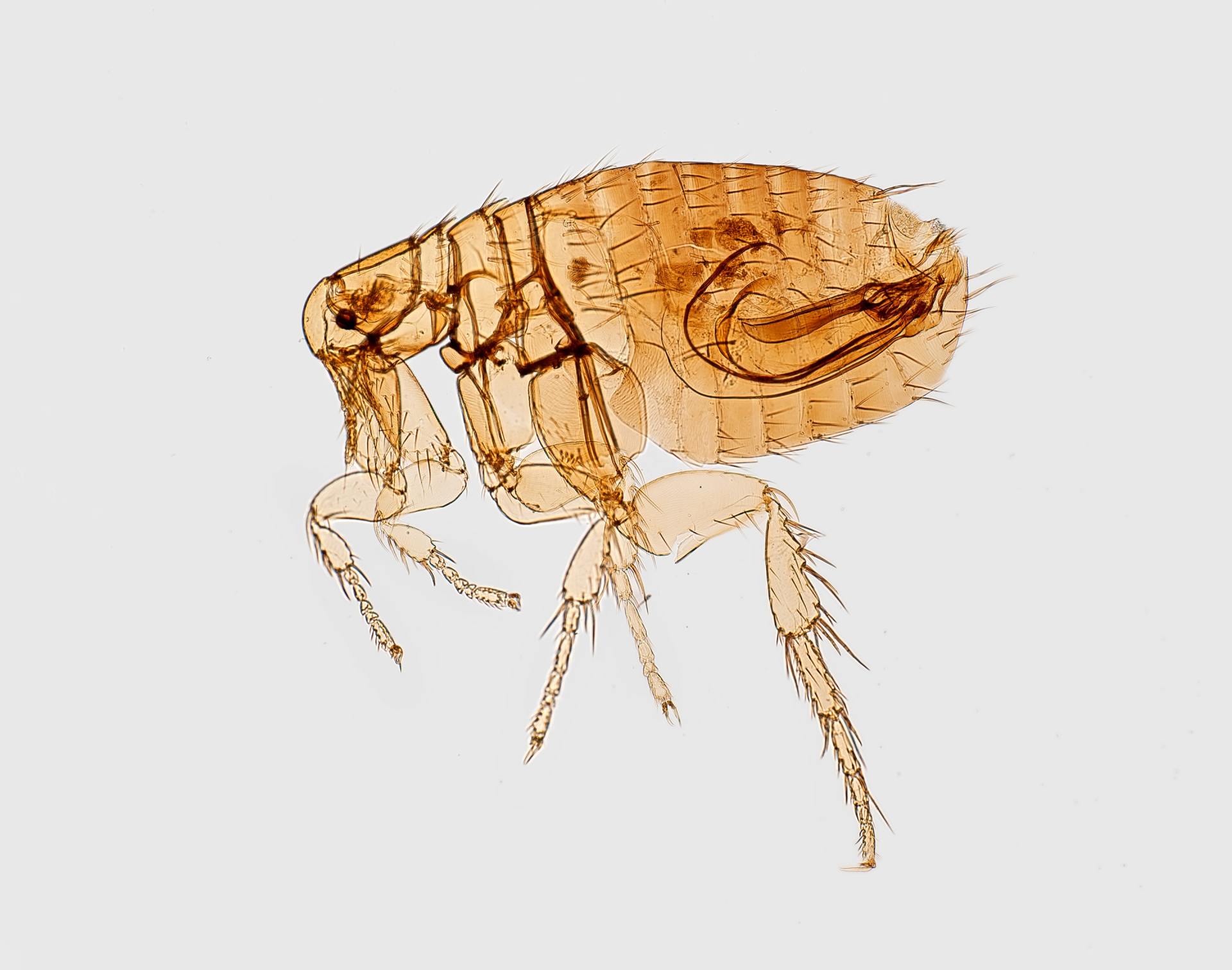
Summer time = flea control. We live in one of the most flea- friendly climates in Australia here in Agnes Water where heat, sand and dust is the norm for our pets. All of these conditions create a perfect breeding ground for fleas. 95% of a flea lifecycle occurs within the environment of where your pet lives and sleeps, so the fleas you see on your dog are only 5% of the problem! Fleas love warm dark places and live and breed in these conditions such as dirt, dust, pet bedding areas and even between floorboards. There are many products on the market for flea control but what they all rely on is consistency in your application. Dose them regularly and for their correct weight. Whether your chosen method of control is a tablet, spray on, collar or spot-on application, consistency and accurate dosage is imperative to your pets flea eradication program.
Clinic Info
- Mon - Thu
- -
- Fri - Sat
- -
- Sunday
- Closed
Agnes Coast Vet Clinic, 2653 Round Hill Rd QLD 4677 Australia
Mail: Clinic@AgnesVet.com
Phone: (07) 4974 9045
Our Services

Complete Companion Animal Care
- Small Animal Medicine and Surgery for Cats, Dogs and Exotic Pets
- Wellness and Preventive Medicine
- Radiology
- Advanced Surgical Procedures including Orthopedics
- Medical Diagnostics and Hospitalised Treatment
- Microchipping
- Dentistry
- Pet Food and Supplies
- Dietary and Nutritional Counseling
- Geriatric Care
- Behaviour Consultations
- Doggy Day Care
We also offer limited livestock and equine mobile services, as a single practitioner this is limited by veterinary availability- until we figure out how to be in 2 places at once.................
